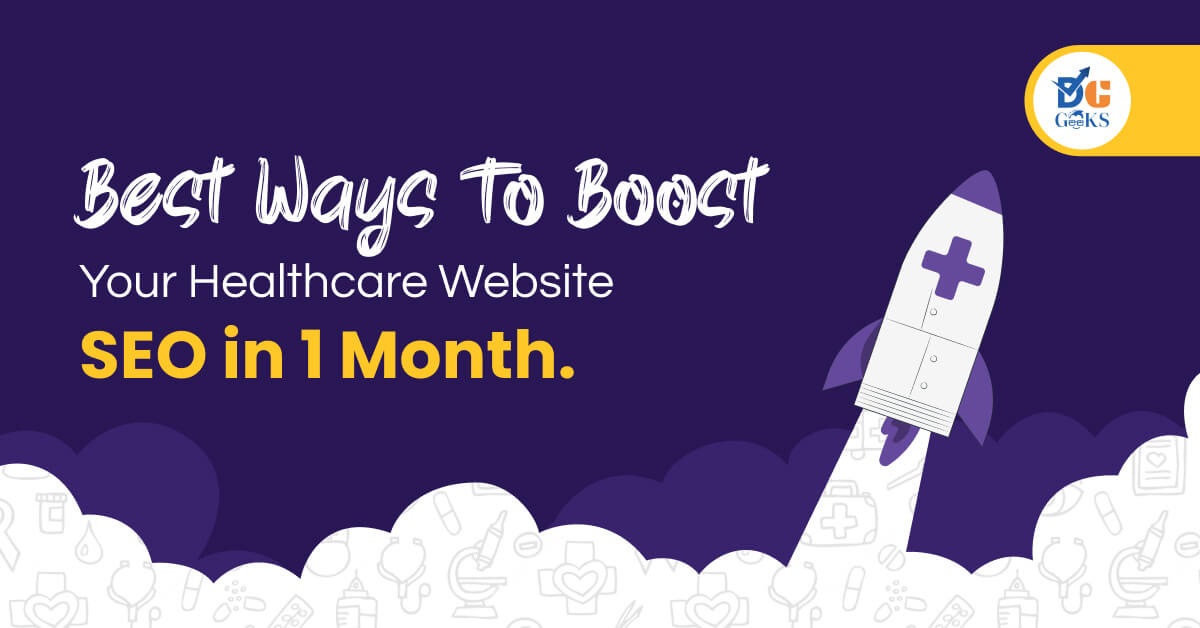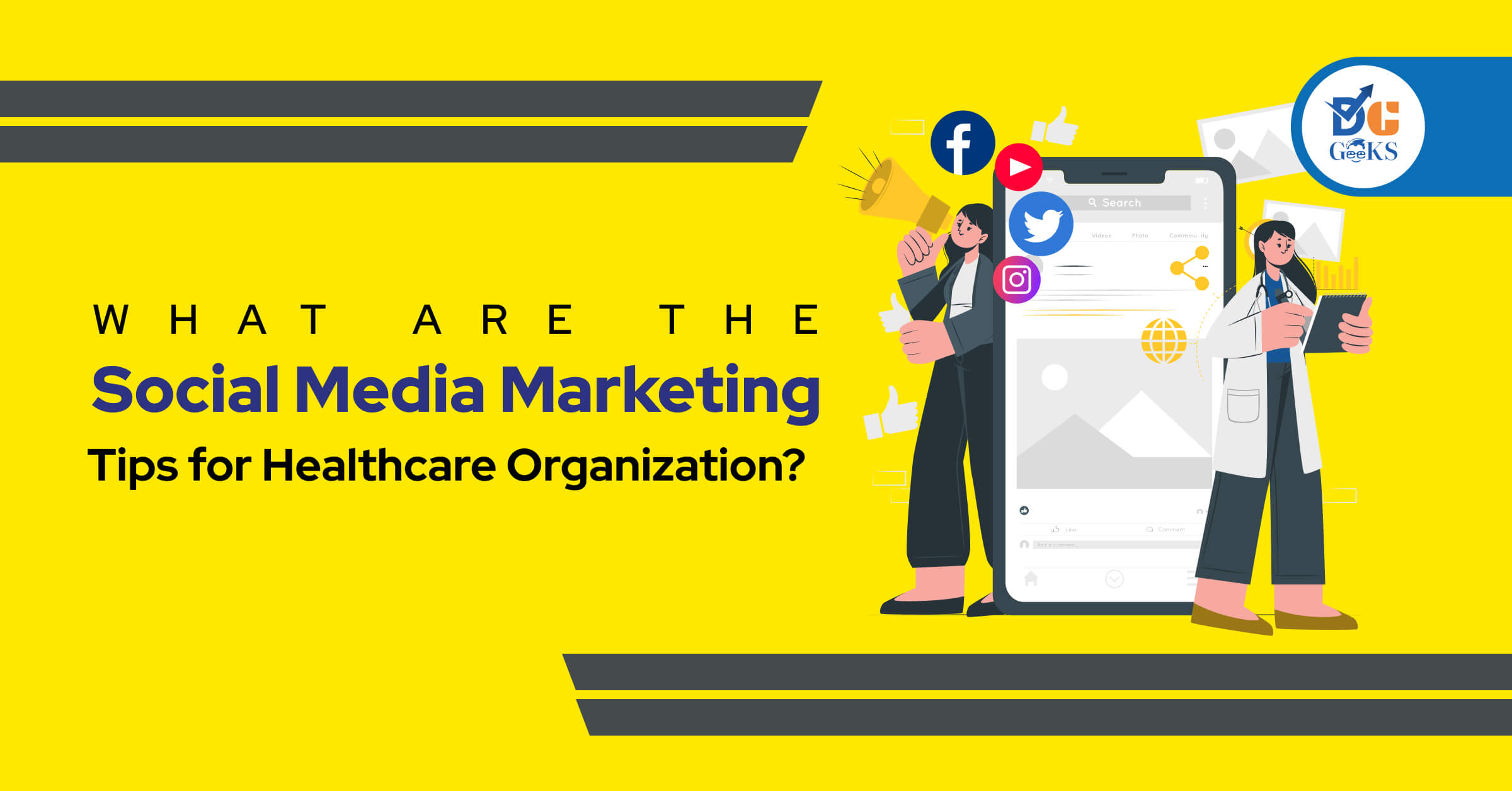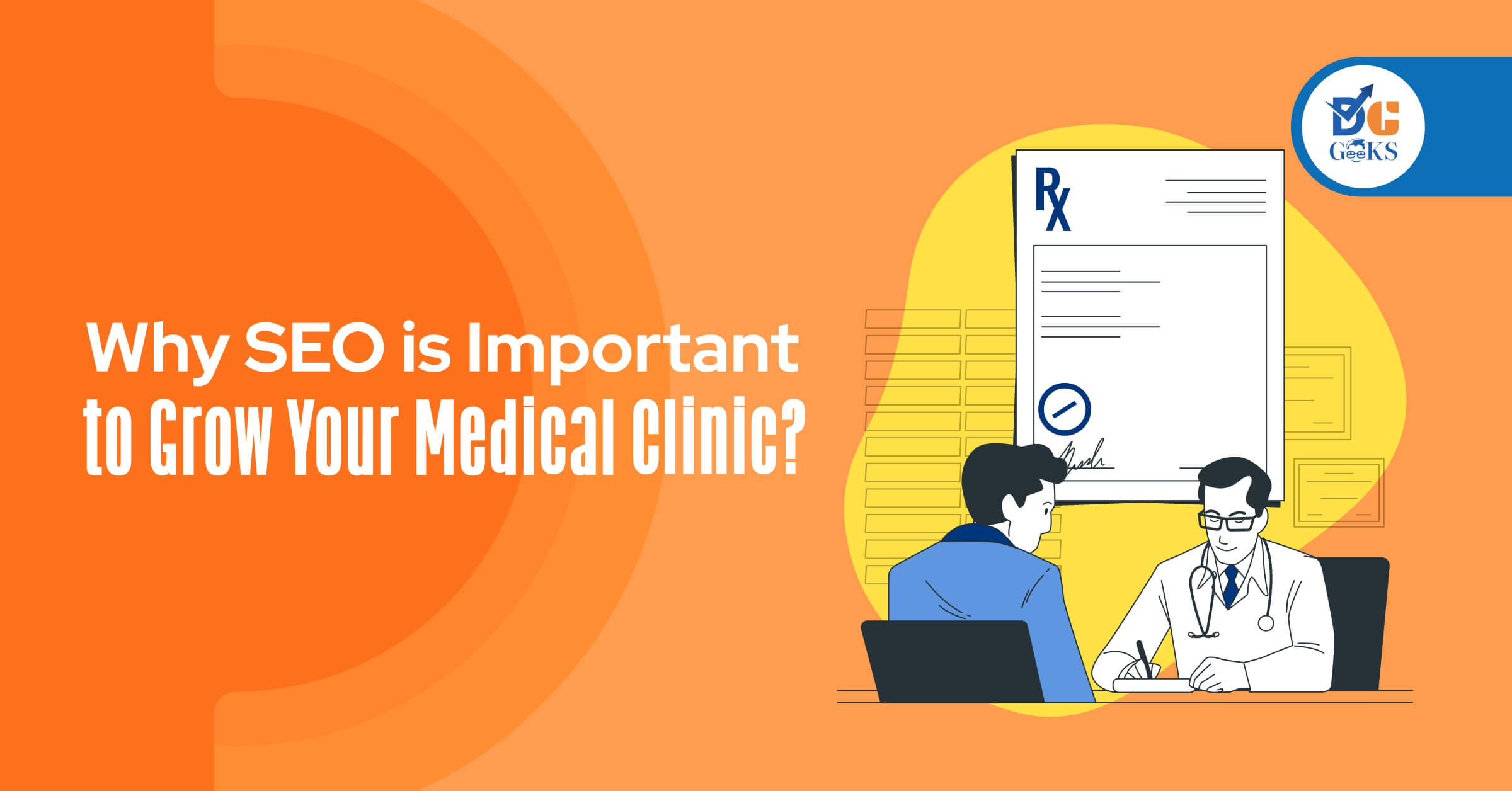Keyword Importance in Digital Marketing: In today's digital landscape, effective marketing strategies are crucial for businesses to thrive and succeed. One essential element of digital marketing that holds tremendous significance is the strategic use of keywords. Keywords act as the foundation for online visibility, search engine optimization (SEO), and driving targeted traffic to websites.
In this comprehensive article, we delve into the significance of keywords in digital marketing and explore various strategies to optimize their usage for better search rankings and increased organic traffic.
Understanding Keywords
Keywords are specific words or phrases that encapsulate the essence of a particular topic, product, or service. They are the terms that users enter into search engines when seeking information, solutions, or products. By understanding the significance of keywords and incorporating them effectively into your digital marketing campaigns, you can connect with your target audience more efficiently and outperform competitors in search engine results pages (SERPs).
Why Keyword Importance in Digital Marketing

Enhancing Search Engine Visibility: Search engines rely on keywords to understand the context and relevance of web pages. By incorporating relevant keywords throughout your website content, meta tags, headings, and URLs, you can improve your website's visibility and increase the chances of ranking higher in SERPs.
Attracting Targeted Traffic: Keywords enable you to target specific audience segments interested in your products or services. By conducting thorough keyword research and incorporating the right keywords in your content, you can drive highly relevant and qualified traffic to your website.
Building Brand Authority: Consistently incorporating industry-specific keywords in your content demonstrates your expertise and positions your brand as a thought leader in your niche. By delivering valuable, keyword-rich content, you can build trust, credibility, and authority among your target audience.
Improving User Experience: Well-optimized websites provide a seamless user experience by delivering relevant and informative content. By optimizing your content with the right keywords, you can ensure that users find what they are looking for quickly and easily, resulting in higher engagement and reduced bounce rates.
Staying Ahead of Competitors: Understanding the keywords that your competitors are targeting allows you to identify gaps and opportunities. By conducting competitive keyword analysis, you can optimize your content strategy and outrank competitors in search results, leading to increased visibility and market share.
Effective Keyword Research Strategies
Successful keyword optimization begins with thorough research. Here are some strategies to help you identify the most relevant and high-performing keywords for your digital marketing campaigns:
1. Analyzing User Intent
Understanding user intent is crucial for selecting the right keywords. Users typically have informational, navigational, or transactional intent when conducting searches. By analyzing the intent behind specific keywords, you can align your content strategy to cater to user needs effectively.
2. Conducting Competitor Analysis
Analyzing the keywords that your competitors are targeting provides valuable insights into their strategies. Identify the keywords they are ranking for and uncover opportunities to optimize your content by targeting related or alternative keywords.
3. Utilizing Keyword Research Tools
Leverage advanced keywords research tools, such as SEMrush, Ahrefs, or Google Keyword Planner, to identify relevant keywords with high search volumes and low competition. These tools provide valuable data and analytics to guide your keyword optimization efforts.
4. Long-Tail Keywords
Consider incorporating long-tail keywords, which are more specific and typically have lower competition. Long-tail keywords allow you to target niche audiences and increase the likelihood of driving qualified traffic to your website.
5. User-generated Content and FAQs
Examining user-generated content, online forums, and frequently asked questions (FAQs) can provide valuable insights into the language and queries your target audience uses. Incorporating these phrases and questions into your content helps align your content with user expectations and improves your chances of appearing in search results for relevant queries.
On-Page Optimization: Maximizing Keyword Impact
Once you have identified the most relevant keywords for your digital marketing campaign, it's crucial to optimize your on-page elements to maximize their impact. Here are some key areas to focus on:
1. Title Tags and Meta Descriptions
Craft compelling and keyword-rich title tags and meta descriptions that accurately describe the content of your web pages. These elements not only help search engines understand the context of your page but also influence click-through rates in search results.
2. Headers and Subheadings
Structure your content using headers (H1, H2, H3, etc.) and incorporate relevant keywords within them. This not only enhances the readability and organization of your content but also signals the importance of specific topics to search engines.
3. URL Structure
Optimize your URLs by incorporating descriptive keywords related to the content of your page. A clean and keyword-rich URL structure improves both user experience and search engine visibility.
4. Content Optimization
Create high-quality, informative, and engaging content that incorporates relevant keywords naturally. Avoid keyword stuffing, as it can negatively impact user experience and search engine rankings. Instead, focus on providing value to your audience and addressing their needs and pain points.
5. Image Alt Text
Optimize image alt text by including descriptive keywords that accurately represent the content of the image. This helps search engines understand the visual elements of your page and improves accessibility for visually impaired users.
6. Internal Linking
Strategically incorporate internal links within your content to guide users and search engines to relevant pages on your website. Use descriptive anchor text that includes keywords to provide context and improve the overall user experience.
Off-Page Optimization: Building Authority and Backlinks
In addition to on-page optimization, off-page optimization plays a vital role in boosting your website's visibility and authority. Here are some key strategies to consider:
1. Quality Content Creation
Develop high-quality, informative, and shareable content that naturally attracts backlinks from authoritative websites. By creating valuable content that resonates with your target audience, you increase the likelihood of earning relevant and high-quality backlinks.
2. Influencer Outreach
Identify influential individuals or organizations within your industry and build relationships with them. Collaborate on content creation or seek their endorsements, which can lead to increased visibility, backlinks, and credibility for your brand.
3. Social Media Engagement
Leverage social media platforms to promote your content and engage with your target audience. By actively participating in industry discussions, sharing valuable insights, and building a strong social media presence, you can attract more traffic to your website and potentially earn backlinks.
4. Guest Blogging
Contribute guest posts to reputable websites within your industry. By providing valuable insights and incorporating relevant keywords, you can gain exposure, drive traffic to your website, and earn authoritative backlinks.
5. Online Directories and Listings
Submit your website to relevant online directories and listings. This can improve your website's visibility, increase backlink opportunities, and enhance your local SEO efforts if applicable.
If you're looking for the best SEO services in Jaipur, look no further than Digi Geeks Marketing (Best SEO Agency in Jaipur). With their expertise and dedication to helping businesses succeed online, they have established themselves as the leading SEO agency in the area.
Digi Geeks Marketing understands the importance of search engine optimization in today's digital landscape. They have a team of skilled professionals who stay updated with the latest SEO trends and techniques to ensure that your website ranks higher in search engine results.
Conclusion: Keyword Importance in Digital Marketing
Keywords play a pivotal role in digital marketing, helping businesses enhance their online visibility, attract targeted traffic, and build brand authority. By conducting thorough keyword research, optimizing on-page elements, and implementing effective off-page strategies, you can outrank competitors and achieve higher search engine rankings.
Remember, the key to success lies in delivering valuable and user-centric content that aligns with user intent and provides solutions to their queries. Stay informed about evolving search engine algorithms, monitor keyword performance, and adapt your strategies accordingly to maintain your competitive edge.

















































